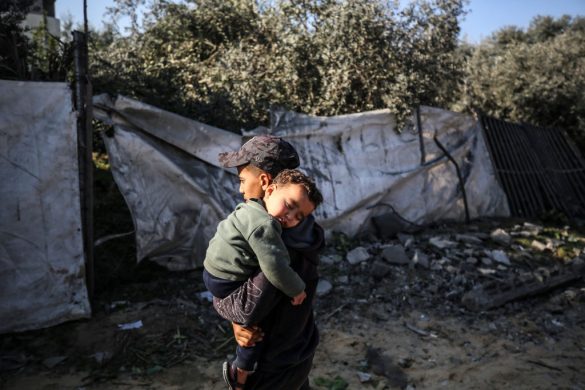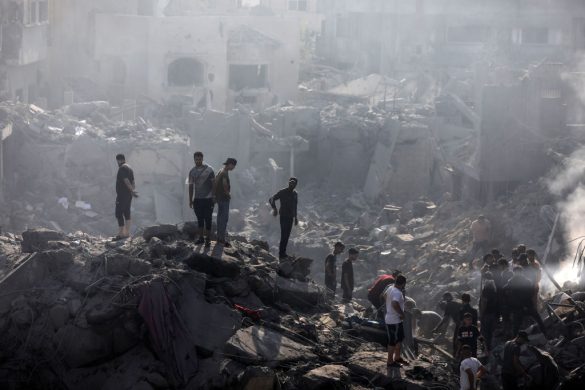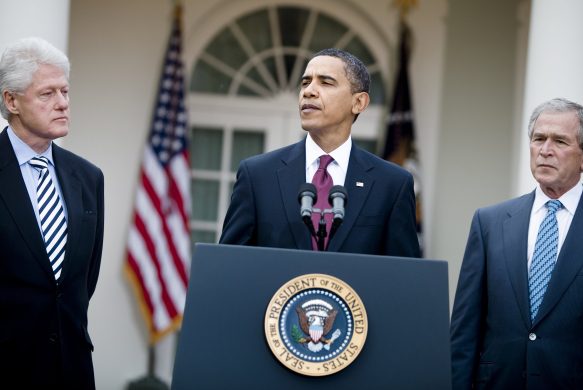Næsten på alle punkter ligger unge i de arabiske lande efter andre unge, når det gælder uddannelse og vejen til et “vidensamfund” er alenlang, hedder det fra bistandsfolk og forskere.
DUBAI, 15 March 2012 (IRIN): If the Arab Spring is to have any lasting impact, education must top the priority list of post-revolutionary reforms in the Arab world, experts said Wednesday at the launch of the 2010-2011 Arab Knowledge Report in the United Arab Emirates (UAE).
“Arab countries will have no alternative but to tackle this issue,” said Amat Al Alim Alsoswa, assistant secretary-general and director of the Regional Bureau for Arab States at the UN Development Programme (UNDP).
“If you talk about any kind of reform – political, judicial – education is an integral part of it. Otherwise, it will be an artificial reform,” she told IRIN at the sidelines of the event in Dubai.
The Arab Knowledge Report (AKR), published by UNDP and the UAE-based Mohammed bin Rashid Al Maktoum Foundation, called for action to better enable the region’s youth to participate in the so-called “knowledge society” and move beyond the poverty and unemployment that led to mass demonstrations and the toppling of several governments last year.
According to some estimates, more than 60 percent of the population of Arab countries is under the age of 25.
But the potential of Arab youth has so far been limited by
* weak corporate governance (dårlig erhvervsledelse),
* high rates of corruption,
* weak indicators of freedom,
* absence of democracy,
* increasing rates of poverty and unemployment,
* restrictions on women’s freedom,
* the failure of economic reforms to achieve social justice and
* to provide youth employment opportunities, the report said.
Sharp drop in skills
The report found that the Arab world continues to lag behind, with a “sharp drop” in skills among youth, including problem-solving, written communication, use of technology, and the ability to search for information. The average student scored 33 out of 100 in these areas.
Other statistics are equally scathing (svidende/nedslående):
* In 2007, 29 percent of Arabs above the age of 15 were illiterate (analfabeter), compared to 16 percent globally;
* in 2010, 19 percent of Arab children under 6 had access to public childcare centres, compared to 41 percent globally; and
* Arab students continued to rank poorly in international exams.
The region has seen a big growth in internet use, but usage still remains below the global average.
The Arab Spring changed some of that – youth clearly used technology to communicate their message, and in many countries their protests have led to a freer and more democratic environment. (Broadening freedom of thought was one of the main recommendations of the 2009 Arab Knowledge Report.)
But this year’s report warns that Arab countries need to do more to take advantage of the openings provided by the Arab Spring.
The Arab world must develop the infrastructure for information technology; encourage innovation; create an investment-friendly environment; focus on social, political and economic reforms; and improve education.
Education neglected intentionally?
Læs videre på
http://www.irinnews.org/Report/95075/MIDDLE-EAST-Call-for-educational-reform-to-create-knowledge-society














